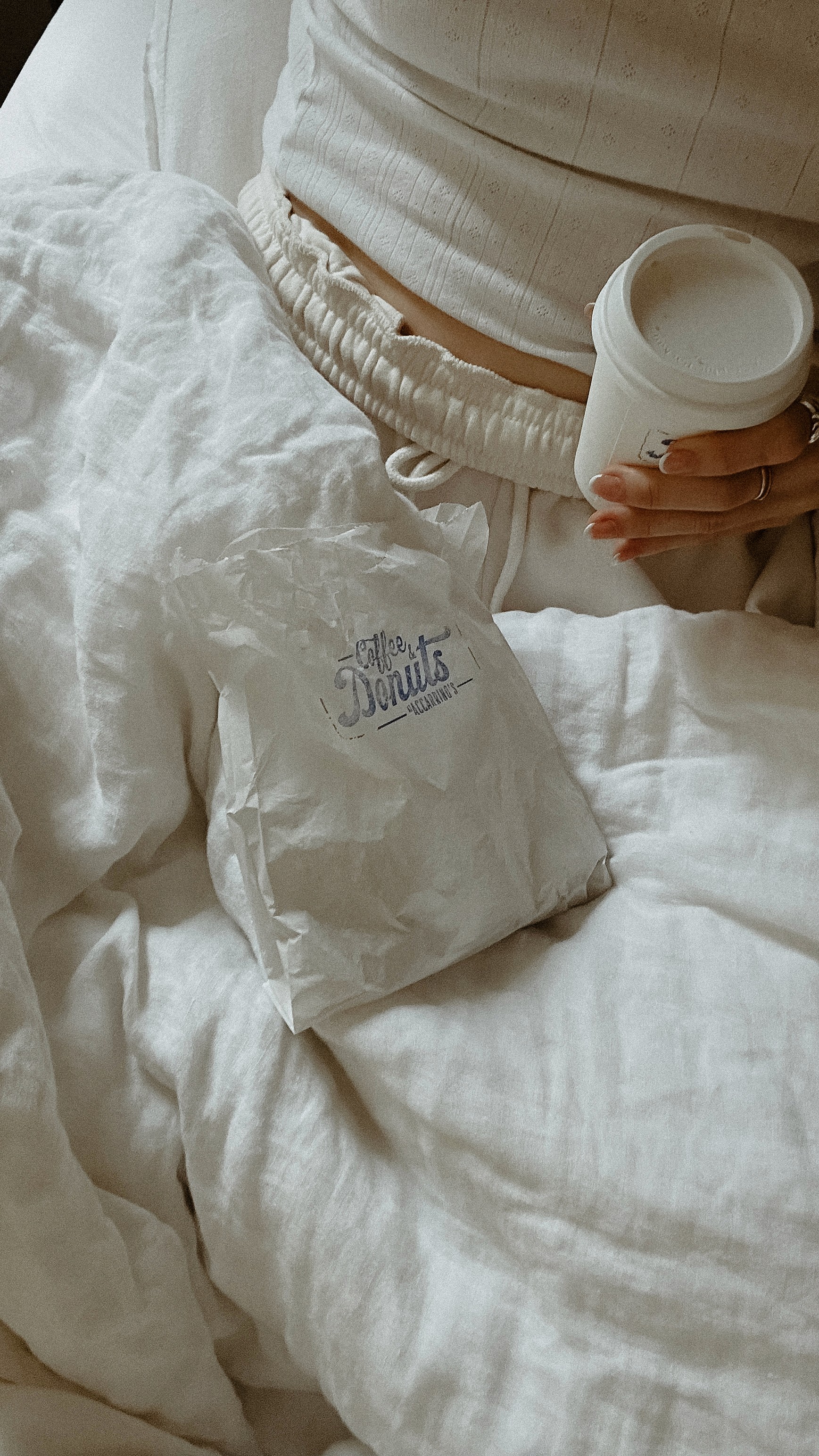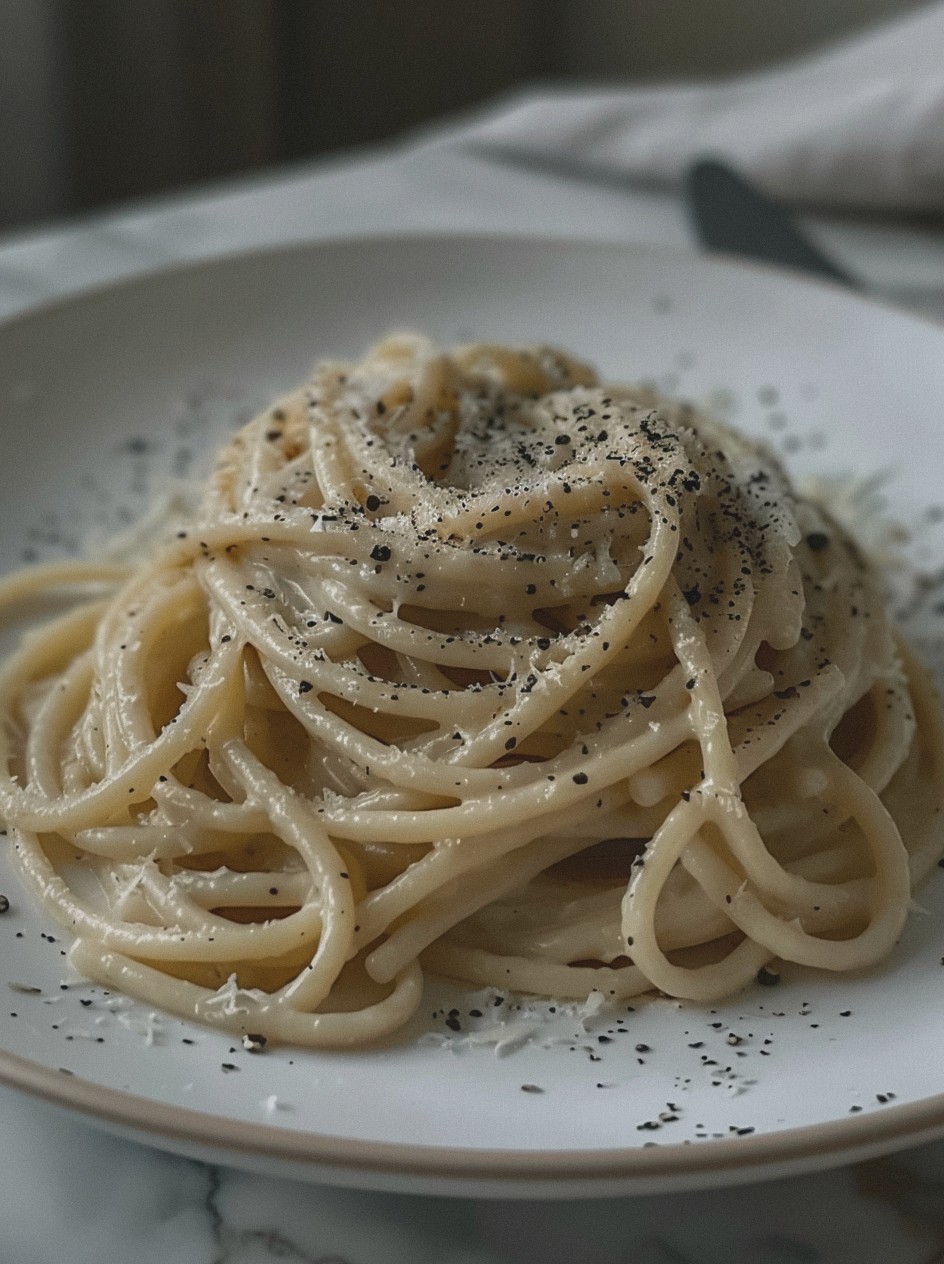What Is Naturopathy?
8 January 2025
Having been asked a number of times what naturopathy is, I found myself thinking abound what it means to be naturopath / nutritionist in the 21st century, in the age of social media. The following discussion is an attempt to answer this question, referring along the way to my own journey in this field.
Our aim is to bring clarity to this often misunderstood profession, as well as an insight to the field for those considering a career in naturopathy.
In April, 2019, the Australian Government mandated that health funds were no longer to offer cover for naturopathy, citing "insufficient evidence". Happily, and signficantly, this decision has now been reversed, following a natural therapies review in 2024.
A report published in ‘Scientific Reports’ in 2013 stated that “it is critical that health policy makers and health care providers [in Australia] acknowledge CM [Complementary Medicine] in their attempts to ensure optimal public health and patient outcomes”. Sadly it seems this advice has not been taken.
Naturopathy is a philosophy, as well as a science, based on important principles of holism and vitalism, originating thousands of years ago. Naturopathy draws on the wisdom of ancient civilisations, across many cultures, who had a much more harmonious relationship with nature than we do today. Vitalism describes the body’s innate ability to heal and to thrive, given the right conditions. Most alternative / complementary medicine practitioners seek to help create these conditions so that the individual is able to access their own innate wisdom, coherence and healing capacity. The holistic component looks at all aspects of the person, as all systems impact one another, and environment also impacts all our systems.
Fundamental to naturopathic philosophy are the writings of Greek physician, Hippocrates, best known for his quote “Let Food be Thy Medicine and Medicine be Thy Food”. Nutrition, therefore, is an integral part of naturopathy. In contrast, the lecturers who were medical doctors when I did my studies stated that nutrition made up approximately 6 - 8 hours of their entire medical degree. The Lancet recently published a paper stating that poor dietary habits were associated with a range of chronic diseases and can potentially be a major contributor to Non-Communicable Disease (NCD) mortality in all countries worldwide, which is evidence that diet and nutrition is important. In another article published in Journal of Alternative and Complementary Medicine, it was concluded after reviewing 33 published studies, that “research in whole-system, multi-modality naturopathic medicine showed efficacy in the treatment of cardiovascular disease, musculoskeletal pain, type 2 diabetes, polycystic ovary syndrome, depression, anxiety, and a range of complex chronic conditions” .
Modern medicine has made extraordinary progress in so many areas, particularly surgery, diagnostic procedures and life saving treatment. However, there are some areas, where there has not been such stellar progress. That is in areas of chronic disease and mental health, for example.
Having studied for six years at the premier naturopathic college, I felt very privileged to have learnt from highly experienced naturopaths, medical doctors and chemists, whilst also being acutely aware that this study was not always taken seriously. I was therefore thrilled when, towards the end of my studies, an opportunity arose to upgrade this qualification to University level. The units I had studied, across a broad range of modalities met the requisite criteria and with the addition of further study at Charles Sturt University, being pathophysiology, nutritional biochemistry, immunology and microbiology, I ultimately completed a BHSc (Complementary Medicine). I hoped this would give more credibility for this somewhat ‘fringe’ profession however I believe there is still a long way to go.
Not long after I gained this qualification, Australia saw one of the biggest product recalls in history. This occurred when a number of people were hospitalised after taking a travel sickness drug, called travacalm (Hyoscine hydrobromide). Those impacted experienced adverse effects due to dosage exceeding what the label had indicated. It was discovered that the company responsible for tableting these also tableted a number of complementary medicines such as vitamins and herbal preparations. This made news headlines and talk back show fodder for weeks. It was rarely mentioned that the adverse reaction was caused by a drug, but highlighted that “complementary medicines were dangerous”. The collateral damage was that many reputable business lost their livelihoods, but a combination of poor practices by a manufacturing company (Pan) and over zealous actions of the TGA (Therapeutic Goods Association), later forced to make huge compensation payouts, albeit insufficient to correct damage done, and erroneous reporting by the media.
In 2012, The Sydney Morning Herald published a story titled “Push to Rid Universities of Alternative Medicine”. This was led by a group known as ‘Friends of Medicine in Science’ [FSM] who were upset about the rise of alternative medicine. They were attempting to take naturopathy and other studies out of the University Course list and were even campaigning for the Federal Government and health insurance providers to stop funding complementary and alternative medicine. There was robust opposition to this by a group of highly esteemed, critically thinking doctors, who argued that “the group [FSM] was trying to suppress all approaches to healthcare that they do not understand, rather than contributing to fair and open debate in line with core values and practices of science and medicine”. They also said “there was extensive evidence for some complementary therapies including herbal products, nutritional supplements and meditation”. It was also stated that ''It is important that those who seek to be friends of science do not inadvertently become its enemies. We call on the members of FSM to revise their tactics and instead support open, respectful dialogue’’. The President of the Friends of Science in Medicine acknowledged that not all western medicine interventions had an evidence base, but that they were searching for evidence, inferring that integrative, alternative and complementary medicine practitioners and scientists were not. Nevertheless, the powerful FSM group have been largely successful in both their missions, at present.
This very powerful lobby which seeks to undermine naturopathy has also led to the unintended consequence of the diminishing of regulation, and unfortunately a lowering of standards. There are still very reputable colleges teaching these disciplines, and upholding rigour, however there also appears to be a plethora of unregulated online “health coaching” courses, often completely omitting physiology and biochemistry. This has led to the rise of unqualified or under qualified individuals. Recently we were sent a ‘health bar’ product claiming to have been created by a ‘naturopath’ (although I could not find an association that this naturopath belonged to), claiming the bars to be not only healthy, but contained no glucose, no fructose, no GMOs and no gluten, yet the first ingredient was brown rice syrup (glucose), second ingredient, cornflakes (glucose and fructose). This labelling is extremely misleading at best, yet it is widely available in the supermarket chains.
“Unthinking respect for authority is the greatest enemy of truth” — Einstein
The mention of the word ‘science' today commands an unquestioning reverence, along with acceptance of whatever is said in the same sentence. Yet, history has shown that scientists often disagree and that more sophisticated science often disproves previously accepted science. Instead of working together to find common ground or ways in which their theories could be developed, these otherwise intelligent people can often descend into scathing attack on those with another theory.
Opponents of naturopathy, alternative/complementary medicine and now even extending to integrative doctors, claim that alternative therapy practices are not “evidence-based”. It could be argued that evidence based mantra is flawed in that when a drug is trialled, it is trialled on it’s own, against a placebo. In reality, very few people who take a prescribed drug take only one. For example, people taking anti-hypertensives (blood pressure lowering drugs), often also take statins (cholesterol lowering drugs), as well as others, hence the development of the “webster pack”. As far as I am aware there are no clinical trials on combinations of drugs. There are theoretical interactions and contra-indications listed in the drug information leaflet, along with a long list of possible adverse effects, however these contra-indications are not always observed. Another example untrialled polypharmacy is multiple psychoactive drugs people are often prescribed, for example SSRIs, SNRIs, anxiolytics and benzodiazapenes.
As naturopathy, and other ‘alternative’ methods, focus on the individual, taking into consideration context such as individual biochemistry, lifestyle, diet, emotional wellbeing, stress, support systems, nervous system regulation and other factors, as well as the fact that treatment may also involve multiple modalities, it is more difficult to obtain data. However, the science of epigenetics has shown that our environment influences gene expression, and therefore disease processes, as well as health processes. As science provides support for fundamental naturopathic philosophies, for example the view that our gut health is critical to overall health, this becomes ‘mainstream medicine’ and no longer naturopathy, despite the fact that this idea was mocked by mainstream medicine not so long ago. This is confirmed by a recent statement by the President of the Friends of Science in Medicine who said "There's only two types of medicine — good or bad — and the minute something is found to be useful it's not alternative anymore it's just medicine.”
I am saddened that there continues to be a lack of understanding and acceptance of natural medicine. I know of many practitioners who have given up practice, having been worn down by the contempt. The removal of naturopathy from health funds undermines people’s right to choose and effectively means that those seeking to take a more proactive role in their health are being penalised. Unfortunately this means that naturopathic care will increasingly only be available to those of higher incomes. Something so fundamental should be accessible to everyone.
Nevertheless, I remain optimistic of a future where we can rise above the criticism and engage in respectful debate. I think there is a need for more flexible thinking and collaboration towards better health for all.






















